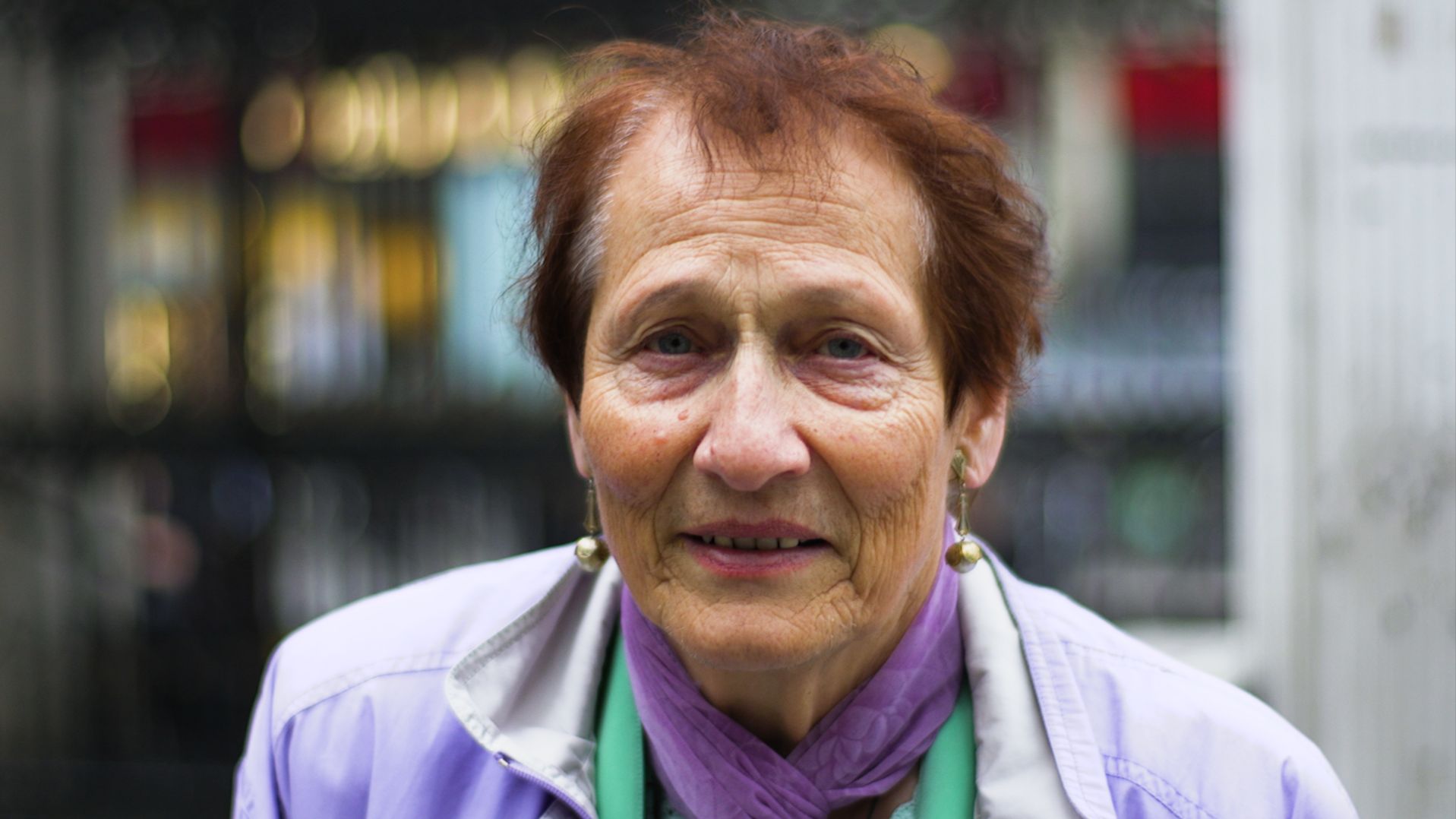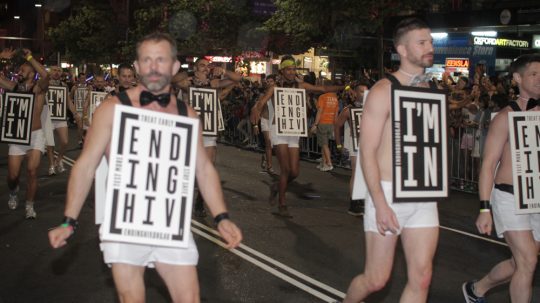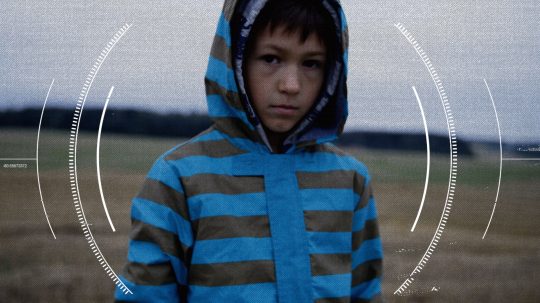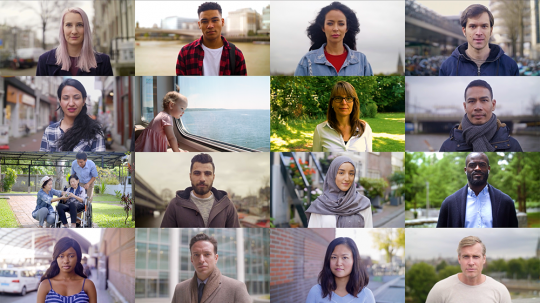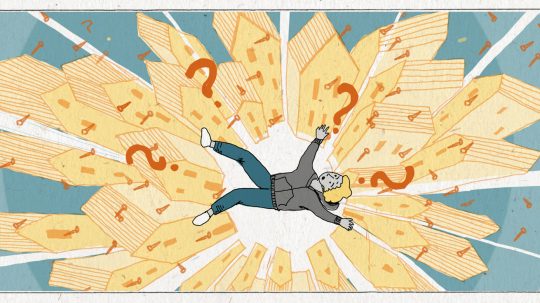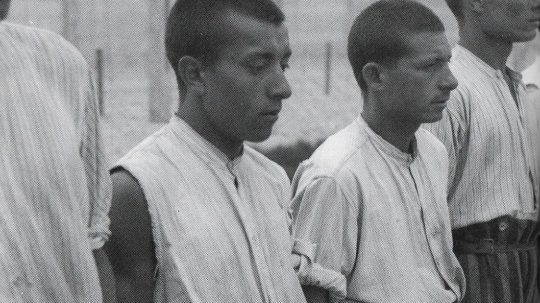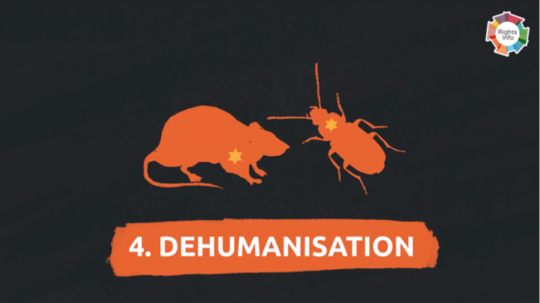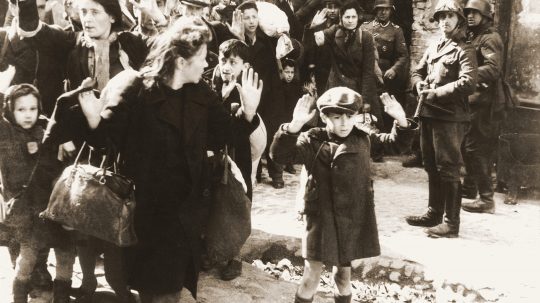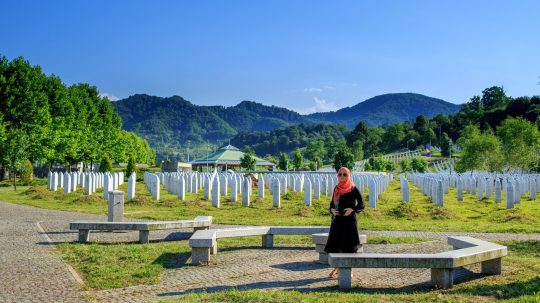Holocaust survivor Ruth Barnett was four when she escaped Berlin on the Kindertransport in 1939.
Her dad, who was Jewish, escaped to Shanghai. Her mother, who was not Jewish, remained in hiding in Germany until the end of the war.
Barnett, now in her 80s, has dedicated much her life to service of Holocaust education and remembrance.
In 2018, she featured in EachOther’s Fight Hate With Rights fundraising campaign – launched in the wake of a neo-Nazi rally in Charlottesville, in which a counter-protestor was killed.
The campaign sought to counter rising extremism and hate with the principles of human rights.
Now, to mark the 75th anniversary of the liberation of Auschwitz-Birkenau by Soviet soldiers, we spoke to Barnett to hear her views on how the human rights situation has changed.
“I don’t think it has changed for the better. Possibly for the worse,” she said, pointing towards the prevalence of hate crime against minorities including Jewish, Muslim and Roma people.
“I get the feeling that there aren’t enough people who are determined to not accept what they know is unacceptable.
“That is why I try to do the lessons I give. To try and inspire people to think more.
“I don’t want to tell them what to think, but to do something … to become an active ‘upstander’ rather than a bystander.”
Holocaust Memorial Day began in 2001, and since 2005 has been supported by charity the Holocaust Memorial Day Trust.
It commemorates those people who suffered under Nazi persecution, as well as subsequent genocides in Cambodia, Rwanda, Bosnia and Darfur.
Successive United Nations resolutions have emphasised the importance of Holocaust teaching towards prevention of further genocides and atrocity crimes.
On the achievements of Holocaust education, Barnett does not shy away from self-reflection and criticism.
“Two of the main aims of Holocaust education and commemoration are to contain hatred and make some progress with actual genocide prevention,” she said.
“We haven’t achieved very much on either, and that is worrying.
“People, organisations have been doing brilliant work but … the commemoration events, why haven’t they achieved more in these two directions?
Steps could have been taken to stop it once it started, but also further back to prevent it even happening.
-Ruth Barnett, Holocaust survivor
Barnett believes part of the solution lies in widening the narrative of the Holocaust.
“We are promoting a very much cultural narrative of the Holocaust … It started out as a Jewish-only story,” she said.
“Of course the largest number of people deliberately murdered were Jews. But it is a lesson to the whole of humanity.
“The Roma were wiped out. They were part of the Holocaust.”
She also believes that another part of the solution lies in understanding why the Holocaust was allowed to happen in the first place.
“Steps could have been taken to stop it once it started, but also further back to prevent it even happening.”

